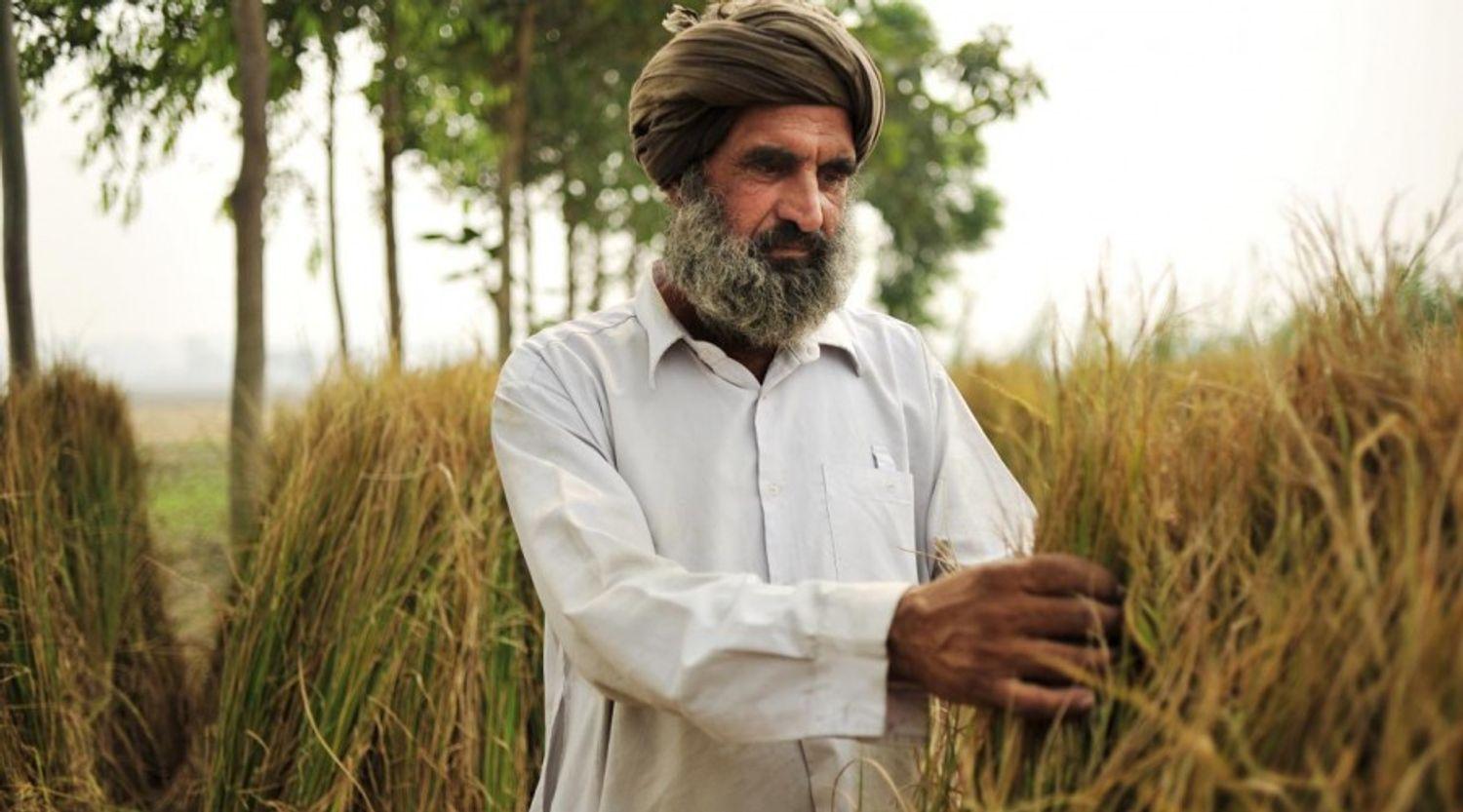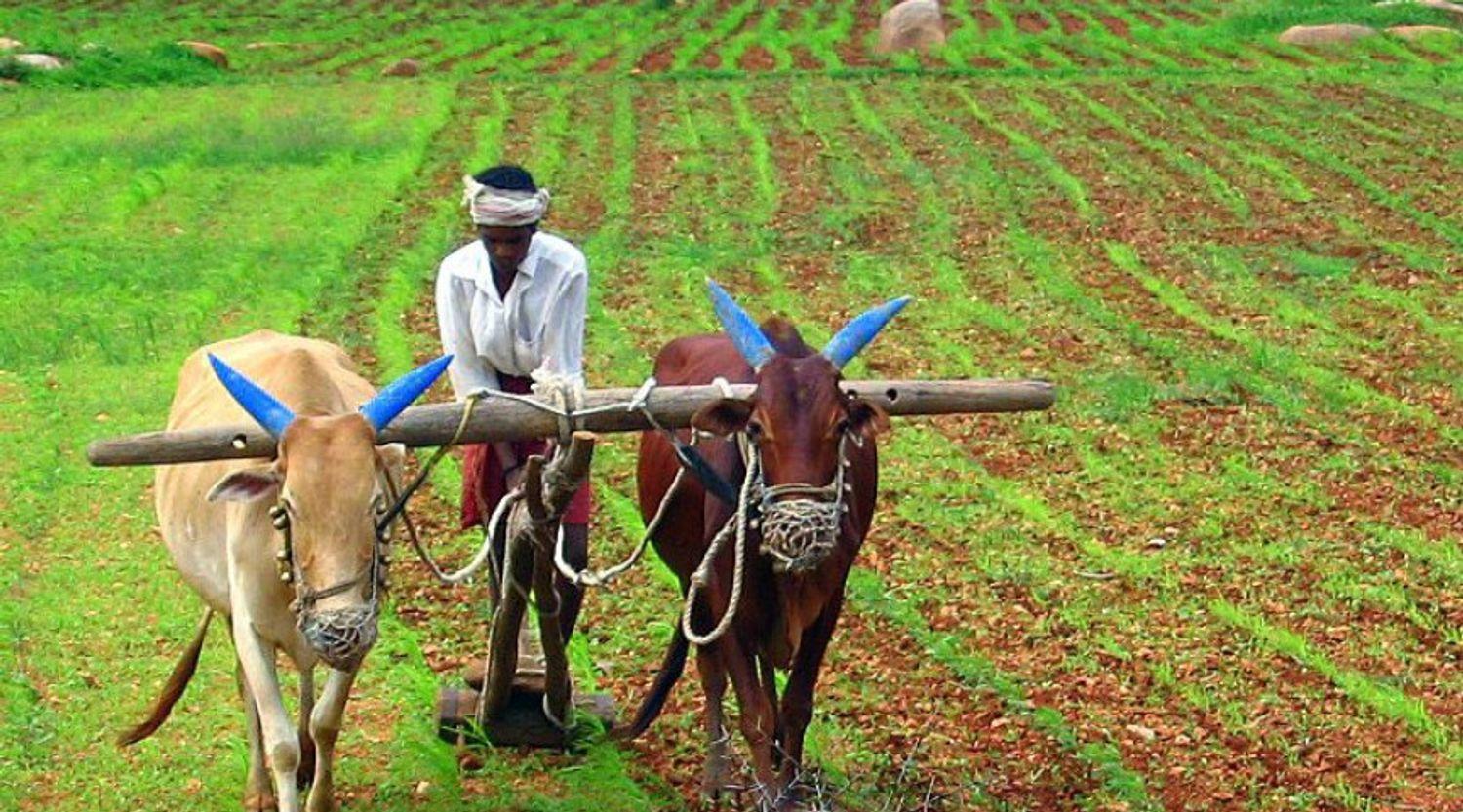What is SUSTAINABLE AGRICULTURE?
Sustainable agriculture is the method of farming sustainably, i.e., presenting needs for society without even compromising the ability of future generations to meet their needs.
Many methods or practices can be done to increase agricultural sustainability and it can be based on ecosystem services understanding.
Agriculture has a huge impact on the environment and food security. Playing multiple roles in environmental factors like climate change, food production, degradation of land, scarcity, deforestation, and many other processes. And it causes continuous environmental changes and these factors play a major role.
In the broader term, sustainable farming or sustainable agriculture is a whole method practised by constantly considering the ecological cycles. It is very sensitive towards the microbes and their relation with the environment.
In short sustainable farming is a method of farming ecologically where they promote sustainable farming methods and practices that are environmentally sound and also protect public health.
It also focuses on the non-renewable factors and not only on the economic aspects of farming. This helps in both, the growth of healthy foods and also brings up the standard of living of the farmer.
we need to implement more agricultural practices because our environment nowadays becoming an area of concern thus it becomes more and more important to implement more sustainable methods in farming to continue without harming the environment. These could be small initiatives to save our ecology.
SUSTAINABLE FARMING:
Sustainable farming is one such initiative method of farming and food production. In other words, it's the production of crops and food using techniques that are beneficial for general public health and also is economically profitable. It is a better version of organic farming.
It helps farmers to innovate and to conduct recycling methods, besides the conventional methods of farming. One such example of recycling used in sustainable farming can be animal manure and crop waste. And that can be used as fertilizers that will help the soil to enrich organically.
Another term for sustainable farming can be crop rotation. Crop rotation helps the soil to maintain its nutrients and keep the soil quality intact.
Rainwater collection via different methods like channelling and then using it for irrigation is one such example that can be included under sustainable farming methods which help farmers to grow and also not damage the environment in anyway.
BENEFITS OF SUSTAINABLE FARMING:
1. Environment Preservation
2. Economic Profitability
3. Most efficient use of non-renewable resources
4. Protection of Public Health
5. Social and Economic Equity
SUSTAINABLE FARMING METHODS:
Let us see some of these methods that can be applied insustainable farming-
1. Making Renewable Energy Sources use:
The use of alternate sources of energy is the most important practice in sustainable farming. Solar, wind-farm, hydro-power used is Ecofriendly. The solar panels can be used by farmers for string solar energy that can later be used in electrical fencing or running heaters and pumps.
Another source of hydroelectric power can be running river water and that can be used as power to various machines. Similarly, the geothermal heat pump can be used by farmers to dig the ground and can use the earth's heat as an advantage to power machines on the farm.
2. Integrated pest management:
A combination of pest control techniques used for identifying and observing the pest in the initial stage is known as integrated pest management. Now that all pests is not harmful so their co-existence with crops makes sense rather than spending money to eliminate them from the field.
The targeting spray helps eliminating only the kind of pest that may harm the crops so their elimination becomes more important. This will not only help farmers to spray in selected areas but also help wildlife from being affected.
3. Hydroponics and Aquaponics:
Plants growing without soil and getting the required nutrients by adding them in water or other medium is an innovation in farming techniques. In this system of Hydroponics, the plants grow without soil as the medium, rather the roots grow while submerged in a mineral solution that contains all the essential nutrients for plant growth.
In Aquaponics, the aquatic animals are raised with the growing of hydroponic crops. Mineralization of water from the waste material of aquaculture fish is used to nourish the hydroponic plants and thus this helps in co-exist.
Plants using the water help the water get purified which helps the fishes to grow and be used by fish. Both systems are used from small-scale to commercial-industrial levels.
4. Crop Rotation:
The method of crop rotation is a tested and tried method that has been practised since ancient times and helps in keeping the soil healthy and nutritious. The logical explanation behind the crop rotation is that the picked crops are not randomly picked but there's a pattern behind crop selection.
The patterns are made to help the soil replenish nutrients and other minerals or salts from the soil that got absorbed with the previous crop cycle. For example like, row crops are usually planted after grains crops to balance the nutrients used.
5. Polyculture Farming:
Polyculture farming involves multiple crop species growing in one selected area. The species are complementing species that complement each other, and a greater diversity of products to be produced in one the area by fully utilizing the available resources.
This high biodiversity helps the system becomes more resilient to fluctuating weather and promotes a balanced diet and preserves soil fertility.
Sustainable farming helps conserve our natural resources and also is economical for farmers. It also reduces the need for chemical practices in farming making it more organic helping soil fertility. And these process makes farming more sustainable and clean.




